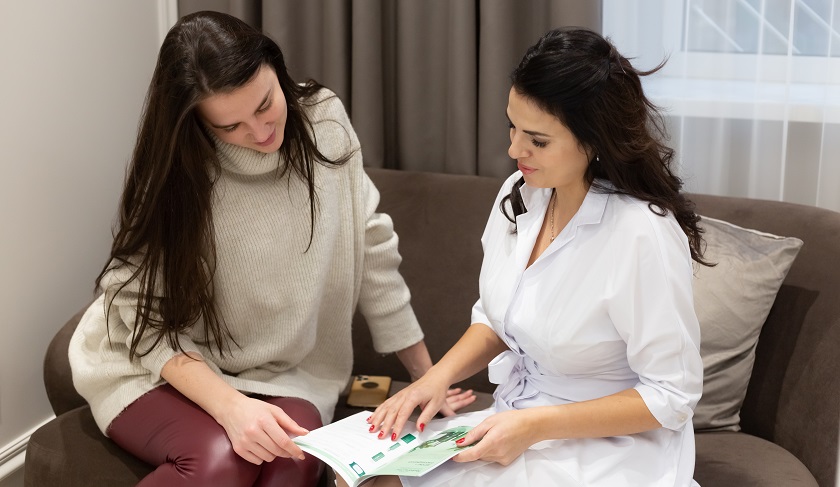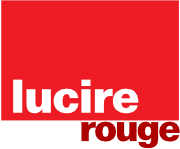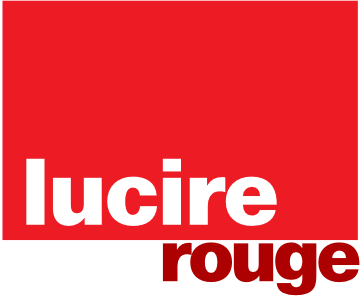The dark side of med-spas: the dangers of fraudulent practices and how to avoid them

Dr Kate Dee reveals the fraudulent med-spa practices that put patients at risk
‘The US is flooded with fake Botox. Here’s what to watch out for’—The New York Times
‘Counterfeit Botox blamed in the 11-state outbreak of botulism-like illnesses’—CBS News
‘Where is this “faux-tox” coming from? Not from legitimate sources, doctors say’—NBC News
You may have read these or similar headlines recently about counterfeit Botox used on unsuspecting people and sending many to the hospital. Botulism causes muscle weakness, paralysis and breathing difficulty—and ultimately death. Botulism is just one of many risks posed by fraudulent practices and unqualified practitioners who are offering Botox and other æsthetic treatments.
Many people in do not realize that neuro-toxins and filler injections, IV infusions and laser hair removal are all medical procedures and constitute the practice of medicine, which is very highly regulated to protect patients from harm. Unfortunately, the laws require voluntary compliance, because there is very little enforcement until someone is injured or has died.
A 47-year-old mother of four in Texas was one such patient when she visited a med-spa for an IV vitamin infusion, and was subsequently infused with potassium, killing her within seconds. The practitioner responsible had no licence and was supposed to be supervised by a doctor on premises, who turned out to be 160 km away.
Medical spas, IV bars and laser centres are all medical practices that operate outside our normal medical system. Though they are regulated like any other doctor’s office, they may take cash for services, and often take illegal shortcuts to make money. Most consumers assume that if a spa looks legitimate and the providers are wearing scrubs, they must be credentialled to provide the service. This is often a faulty assumption, as we have seen in the headlines. Would you be surprised that there are companies offering to train anyone to inject neuro-toxins and fillers in a single weekend course?
This is not to say all med-spas are operating this way. There are plenty of high-quality æsthetic offices with very skilled and trained physicians and providers who are practising at a very high level. But there are also countless others who are breaking the law and putting people in danger. Here’s what’s going on and how to avoid the places and people cutting corners.
Doing these is not legal
● Practising medicine without a licence: to practise medicine in the United States, you have to be a doctor. In some states, nurse practitioners can legally see patients independently. But that’s it. Physician assistants practise medicine in conjunction with a doctor. Nurses cannot practise medicine; a nurse can work for a doctor and carry out a doctor’s orders, but cannot practise medicine on their own. Unlicensed individuals are, of course, completely outside the system.
● Practising out of the scope of their licence: laws vary by state as to whether certain people can inject neuro-toxins or fillers (like dentists). In general, licenses allow people like æstheticians and cosmetologists to execute specific services, like haircuts or facials. Anyone performing medical procedures they are not licensed to perform do is doing so illegally.
● Buying illegal products: counterfeit products purchased from Alibaba (the Chinese equivalent of Amazon) or other internet sources, or non-FDA-approved medicines can be poisonous or contaminated. Most likely, if they are buying counterfeit medicines because they are not legally authorized to purchase via a legal and legitimate source.
● Illegally importing medicines from foreign countries: the cost of injectibles and other medicines and supplies is very high and can be much cheaper in foreign countries. Smuggling these products is commonplace, especially if you cannot buy them legally. Illegal transport of sensitive medications may lead to degradation or contamination. Storage temperatures and conditions can affect the quality and strength of the product. They also may be expired.
● Skipping mandatory examinations: having an initial consultation (good faith exam) by a doctor, nurse practitioner or physician’s assistant is required in every state. These are often skipped in fraudulent practices.
● Violation of the corporate practice of medicine: in most states, only a doctor can own a medical spa or practice.
● Violation of delegation and supervision laws: each state has laws about who can delegate what type of service to others.
The risks of cutting corners
● Complications: someone who has taken a weekend course is probably not the most skilled injector. Though complications can happen to anyone, they should be rare in an expert’s hands. The risk of droopy eyebrows, droopy eyelids or just plain weird looking results are a lot more common when someone has not been properly trained.
● Botulism: though real neuro-toxins are safe, fake ones are a major health risk.
● Vascular occlusion: this is the biggest risk in any æsthetic practice. Dermal fillers are a gel, and if injected into a blood vessel, could block the blood flow and cause the death of the tissues. This looks a lot like frostbite, and you can lose portions of your skin or other body parts like the nose and it can even cause blindness. This is why legitimate practices only use dissolvable fillers and will have a supply of a special antidote enzyme that can dissolve it. Unlicensed people do not have the knowledge or ability to treat their own complications. They also are more likely not to recognize their own complications.
● Infection: unlicensed people are not experts in sterile technique and are more likely to cause an infection. They also are not trained or certified to handle blood products.
● Burns and pigment problems: lasers and other energy devices used to remove unwanted hair and treat the skin are dangerous in the wrong hands. Lasers are extremely powerful tools. Lasers can be used to shoot down ballistic missiles! Anyone using a laser for medical procedures must be properly trained and practise laser safety. Burns, hyperpigmentation and hypopigmentation are common laser complications. Unlicensed people cannot treat the medical complications of their own treatments.
● Anæsthesia and pain: people practising illegally do not have the ability to purchase or administer proper anæsthesia. Some treatments can be painful if you don’t have adequate anæsthesia. Topical anæsthesics, oral pain medications and nitrous oxide can all be used to ensure comfort during inject able or energy treatments, but these must be carefully prescribed and supervised.
● Malpractice insurance: unlicensed people cannot obtain malpractice insurance. This is required of all doctors to make sure they are complying with all laws and regulations over the practice of medicine. It is very expensive and important, and obviously the fraudulent practitioners cannot obtain any insurance.

Freepik
Avoid dangerous situations by asking these questions
● Who provides the initial consultation and treatment plan? The answer must be a doctor, nurse practitioner or physician’s assistant.
● Who provides the treatment? The answer must be a nurse, NP, PA or doctor. Some states have laser techs or master æstheticians who can operate lasers and other energy devices.
● Who is the medical director? There must be a doctor (or an NP in some states) who oversees the treatments and is responsible for them. The medical director must be directly involved in ensuring the treatments are done properly. Ask where they are.
● Who owns the spa? Figuring out whether the spa is owned illegally may not always be obvious, so it is good to know who it is.
● If you’re getting Botox or any of the other injection or wrinkles, ask to see the vial. Make sure it is at least in English.

Dr Kate Dee (drkatedee.com) is the author of the æsthetics industry exposé, Medspa Mayhem, and founder of Glow Medispa, where she performs all aspects of medical æsthetics, from injectables and skin care to lasers and body sculpting. A graduate of Yale University, Dr Dee earned a BS in biology in 1989 and an MD in 1994. In addition to her medical practice, Dr Dee has a special interest in business, ethics and legal aspects of æsthetic medicine.



















